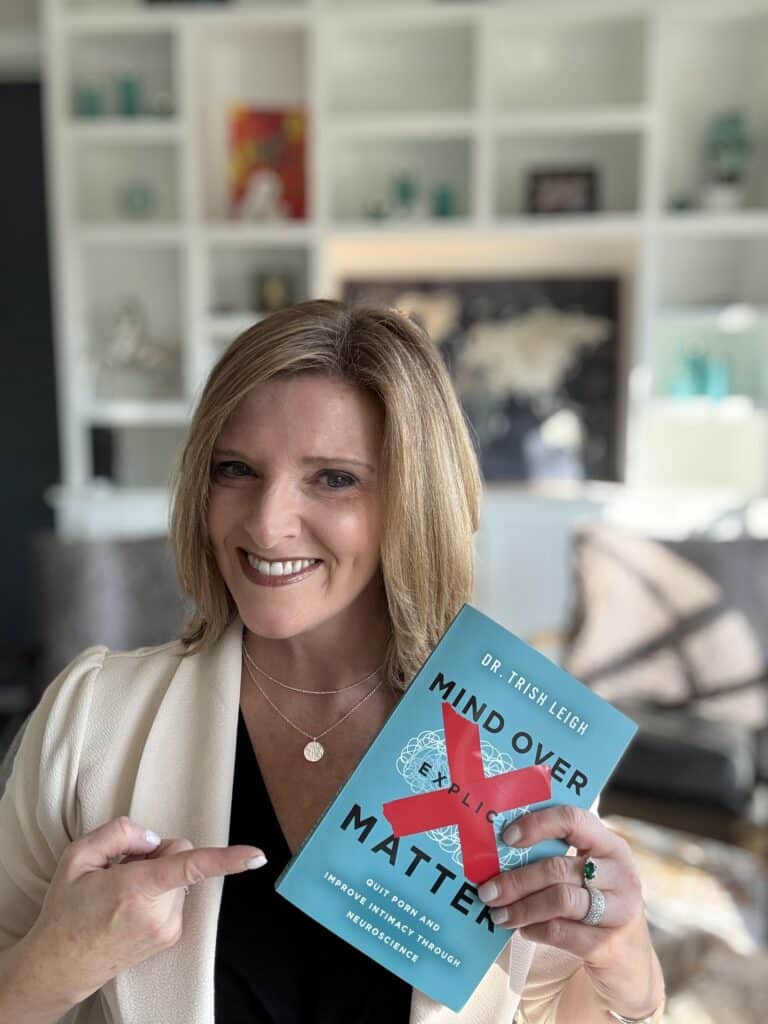Want to overcome addiction. Dr. Trish Leich can help. Addiction is a difficult thing to overcome for anyone. Long believed to be a personal or moral failing, we now know that addiction is a disease and not the fault of the addict. But recovery for those who suffer from this disease is still difficult — and relapses are very common. About 40-60% of drug addicts will relapse at least once. It is still on the addict to find the most effective way to treat their disease. The addicted brain can be improved.
Common Treatments for Addiction
Though not all treatments work for all addicts, the goal is to treat the brain, which has been affected by the addiction; to avoid using again; and to make the addict a functioning member of society and family again. Some common treatments for addiction are:
- Behavioral counseling
- Medications
- Treatment for mental health issues such as depression and anxiety, which usually accompany addiction
- Follow-up in the short-term and long-term to avoid relapse
How Neurofeedback Works So Well With Addiction
Neurofeedback, which involves analyzing brain activity in real-time to find the source of problematic brain functions and then training the brain to rewire them, has proven to be a highly effective treatment for addiction, because:
- Drugs hijack the brain. If you target the brain, you can fix the problem directly by working with the affected area.
- Neurofeedback helps people accept change more easily. The resistance to change can hold an addict back from recovery and abstinence, and neurofeedback eases that acceptance.
- Neurofeedback, as a physiological treatment, trains the brain in a way that talk therapy can’t. Addiction often responds better to physiological treatment than to psychological ones.
Dr. Trish Leigh’s short course “Trauma & Addictions: Reboot the Hi-Jacked Brain for Success” will teach you all you need to know about rewiring your brain. She is a certified neurofeedback expert and an engaging speaker and teacher.


